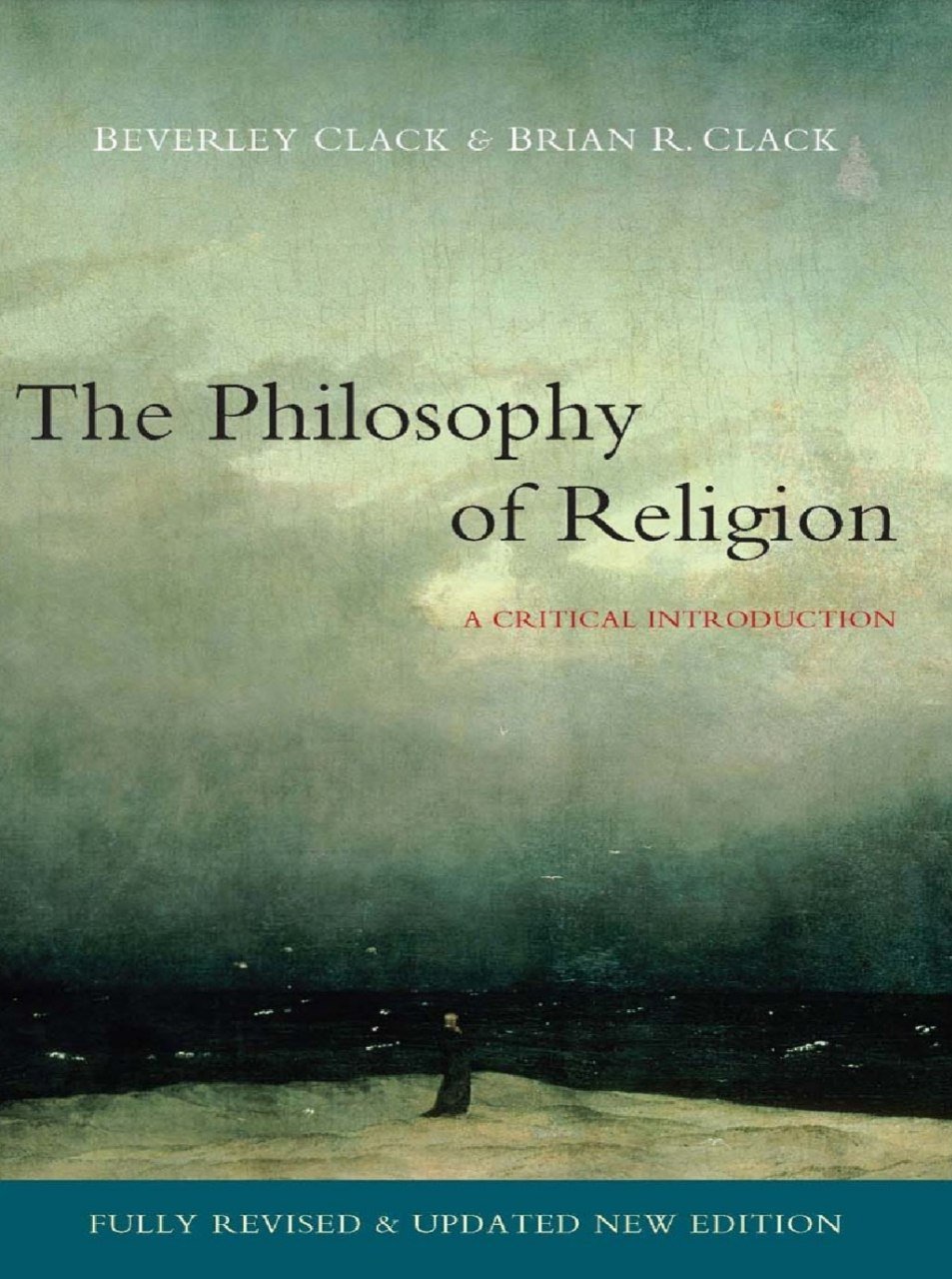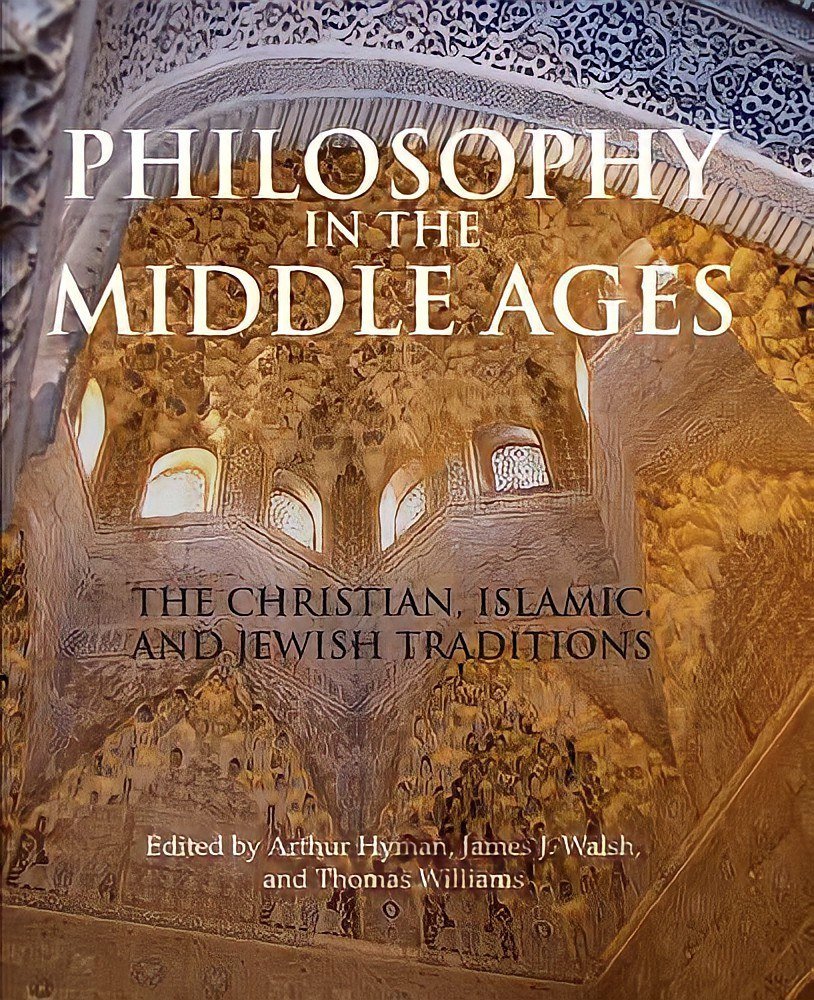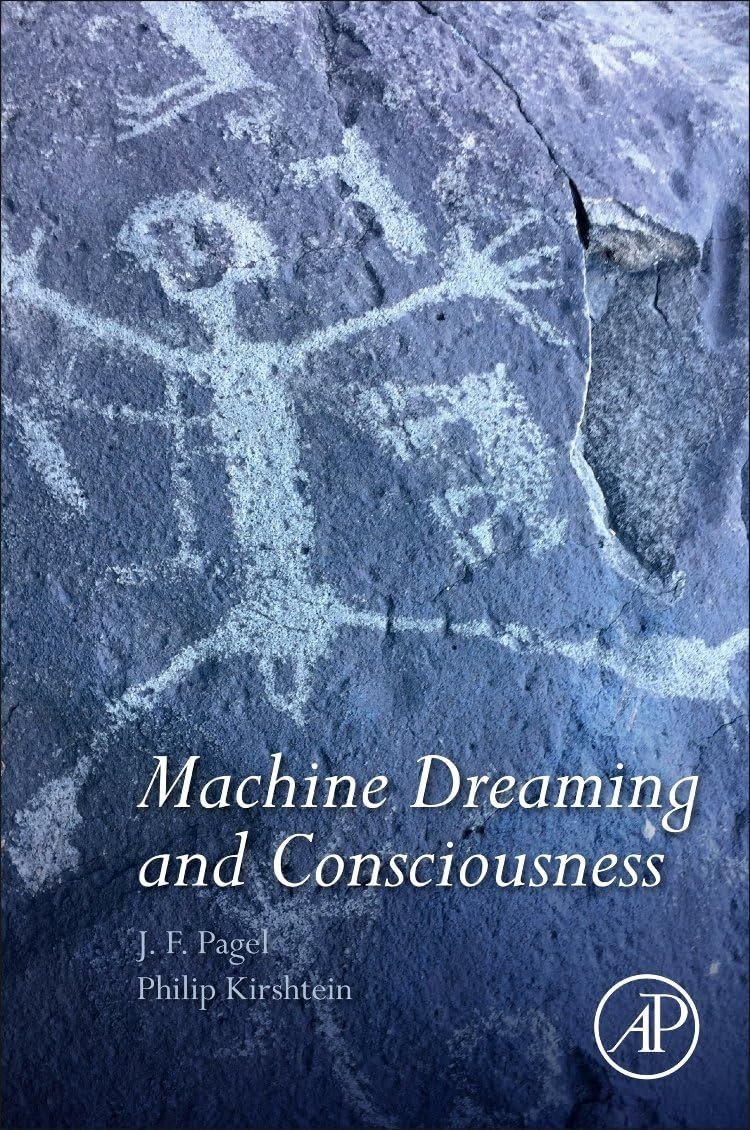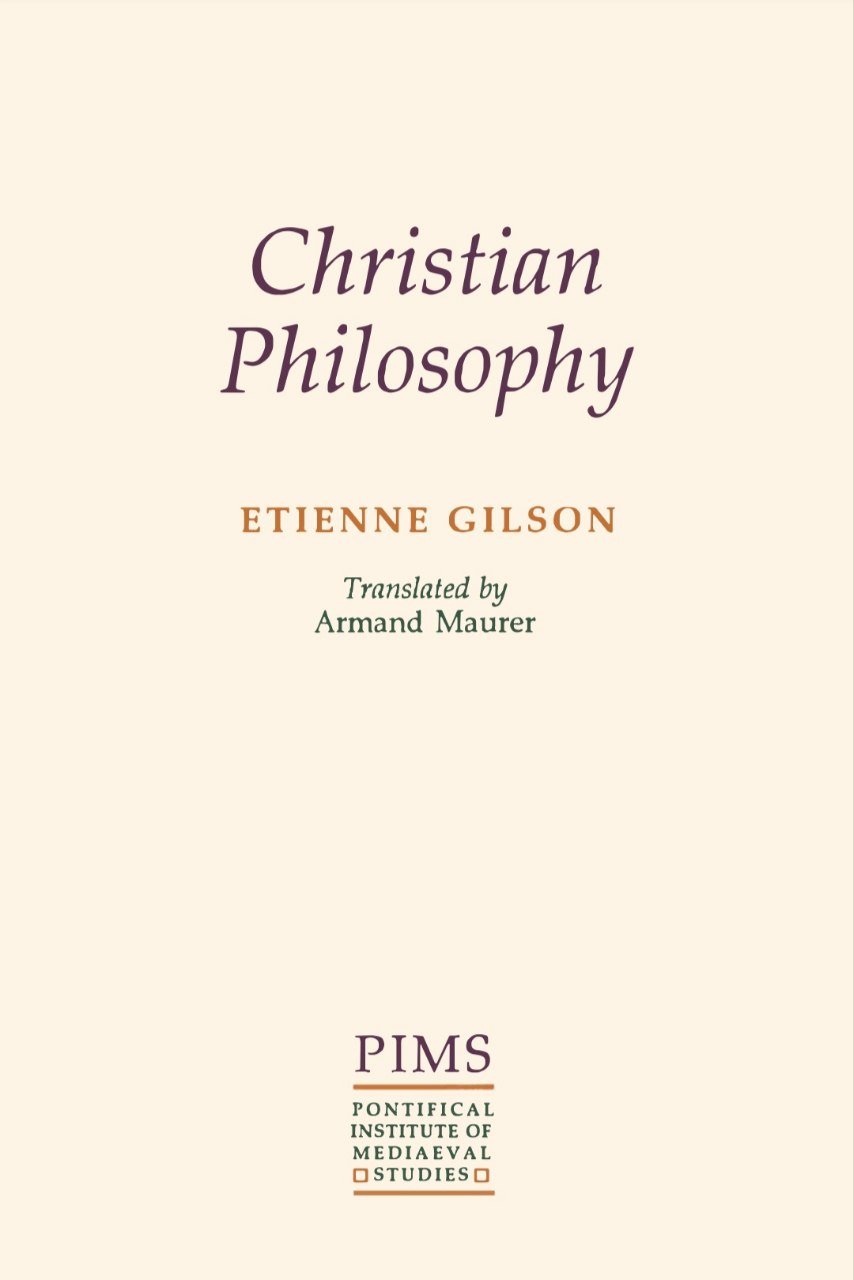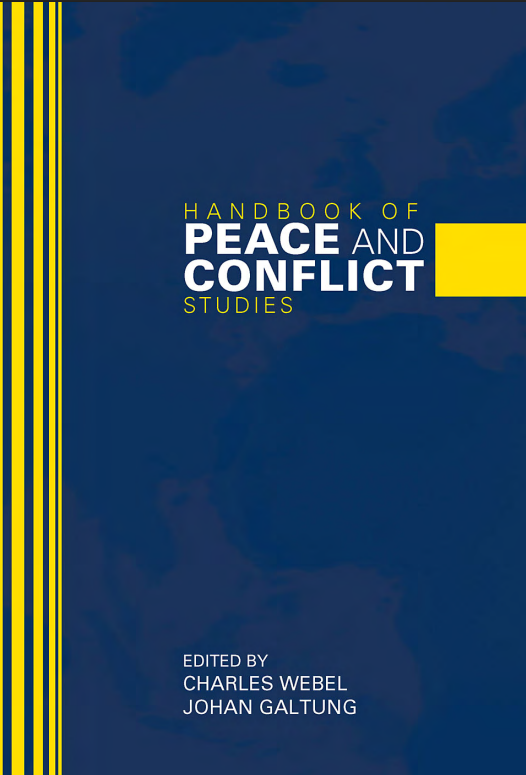

The End of History and the Last Man
Reviews
No review yet. Be the first to review this book!
Description
The End of History and the Last Man by Francis Fukuyama is a provocative and influential work of political philosophy and history, first published in 1992. In this landmark book, Fukuyama expands on his famous 1989 essay, arguing that the end of the Cold War signified more than just the collapse of communism—it marked the culmination of humanity's ideological evolution with the global ascendancy of liberal democracy and free-market capitalism. Fukuyama proposes that liberal democracy represents the "end point" of mankind’s sociopolitical development, suggesting there is no viable alternative system capable of surpassing it. Drawing on the philosophy of Hegel and Nietzsche, he explores the human desire for recognition (thymos) and how liberal democracy satisfies this need better than other political systems. However, he also warns of potential threats to this "end of history," such as boredom, lack of purpose, and the rise of identity-based politics that could undermine democratic stability. The End of History and the Last Man is a profound meditation on the triumphs and vulnerabilities of modern liberal societies. Fukuyama’s argument has sparked widespread debate about the future of global politics, the endurance of democracy, and the human quest for meaning in an era of material success but spiritual uncertainty.





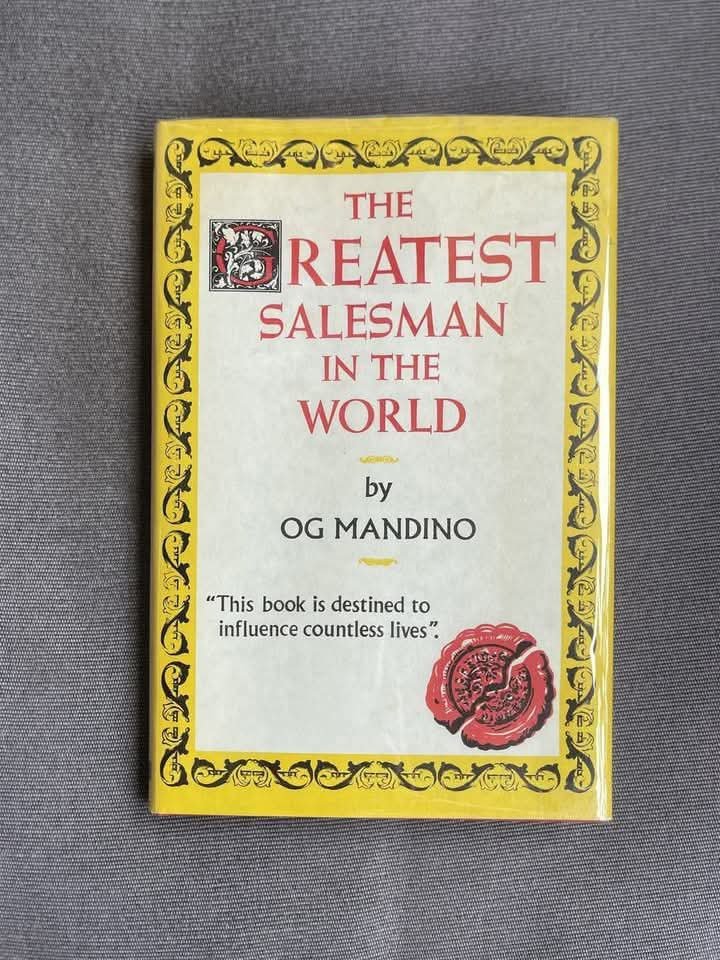






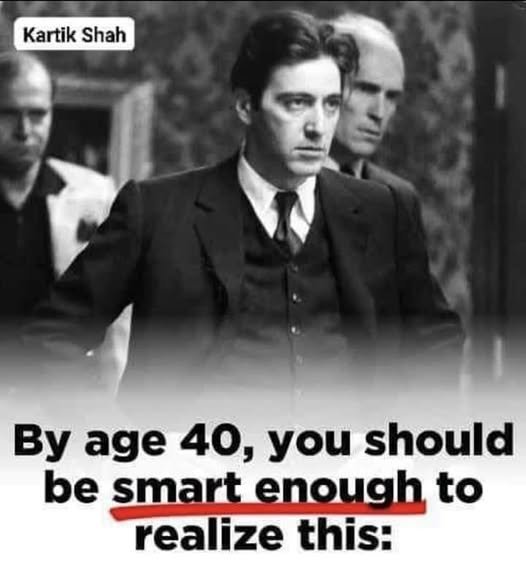





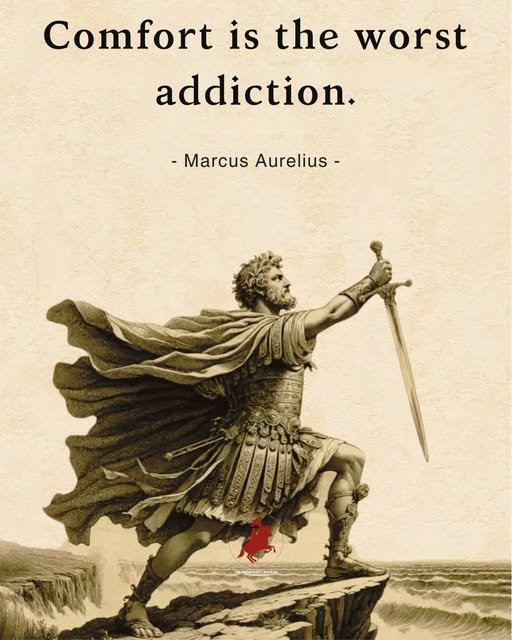








.jpeg)




.jpg)



.jpeg)





.jpg)

.jpeg)




.jpg)


.jpg)





.png)
.jpg)


.jpeg)







.jpg)






.jpg)




.jpg)
.jpeg)












